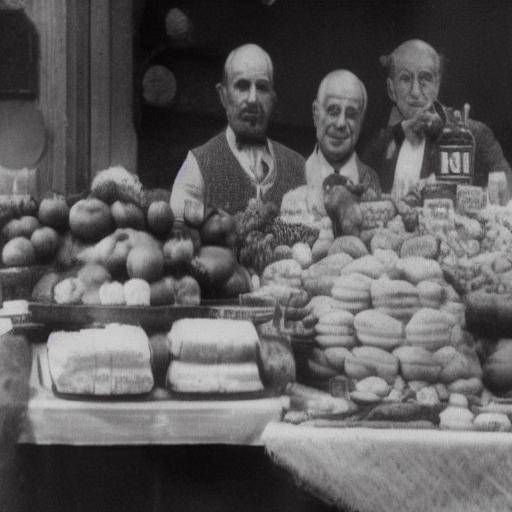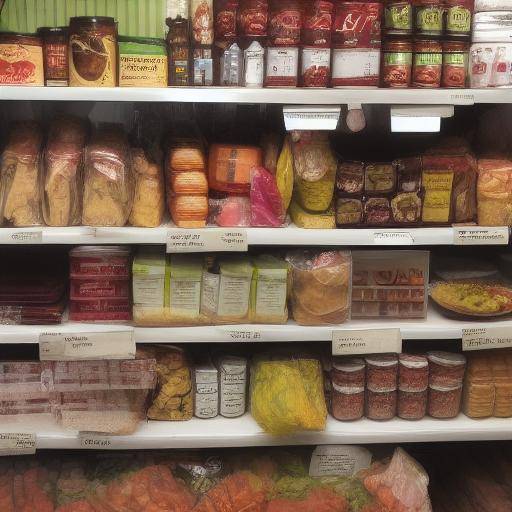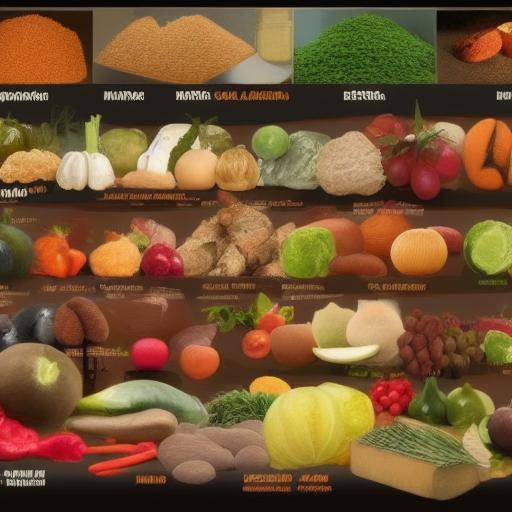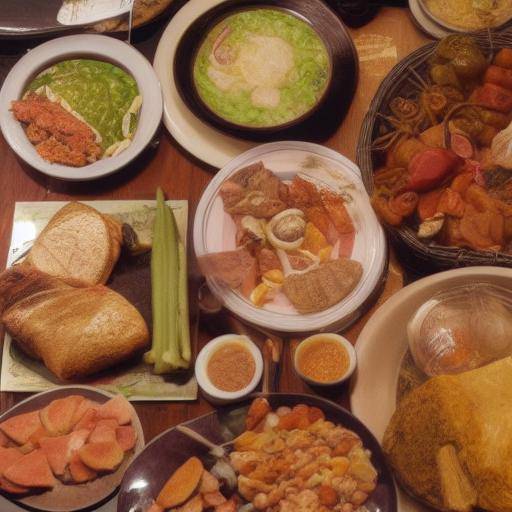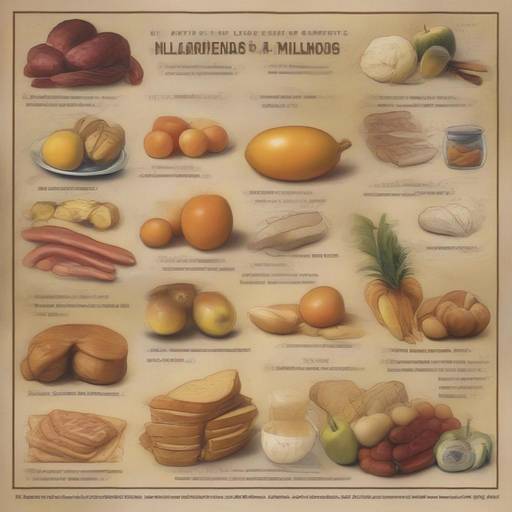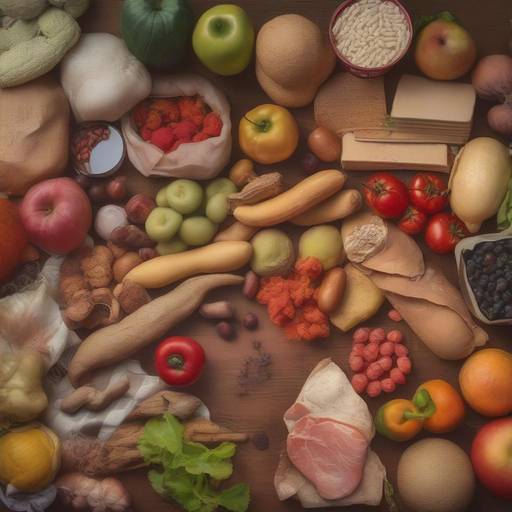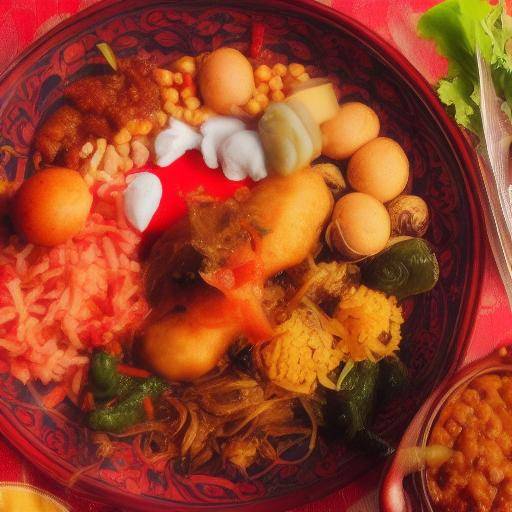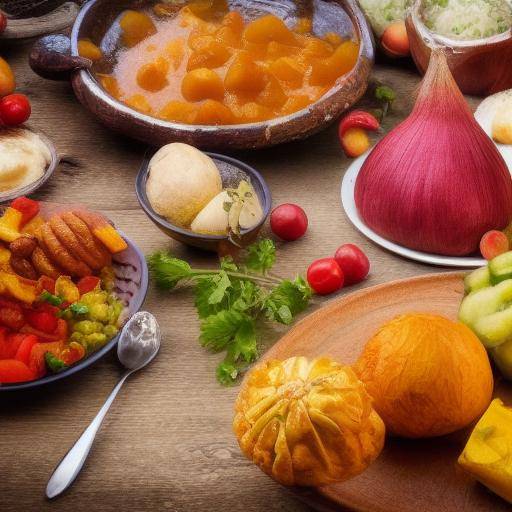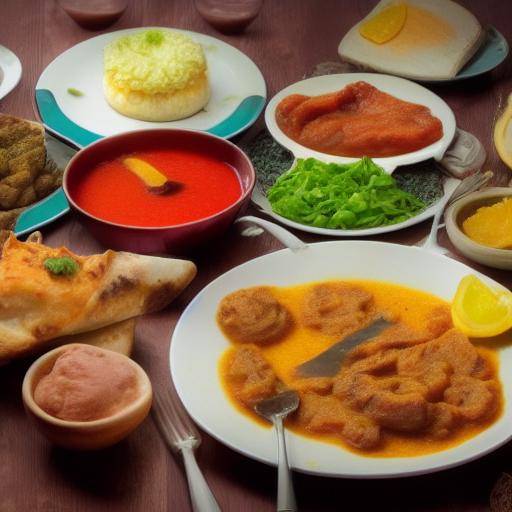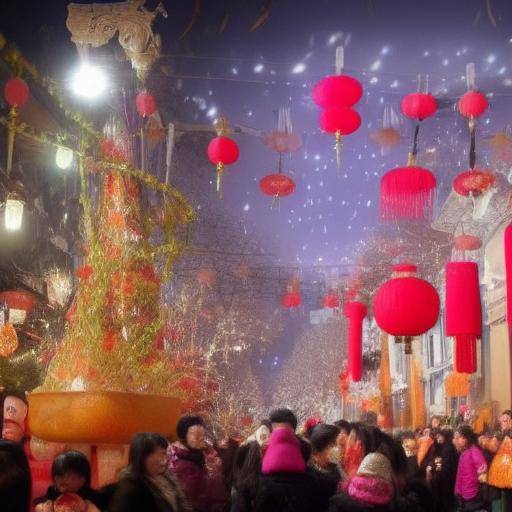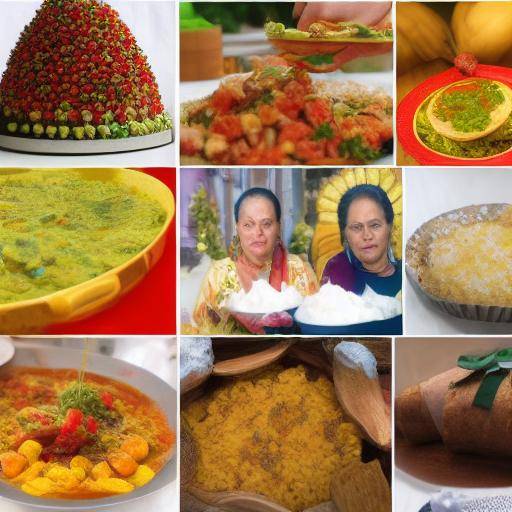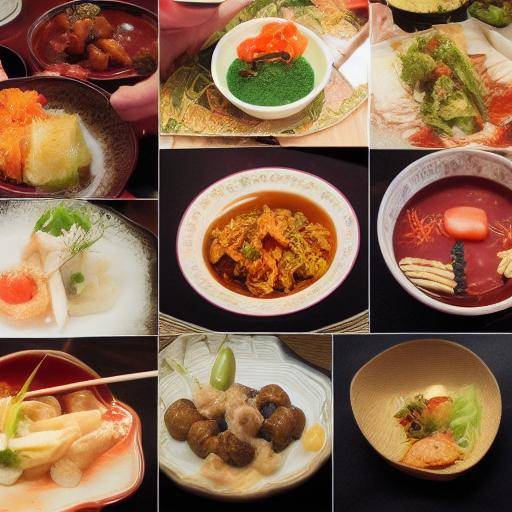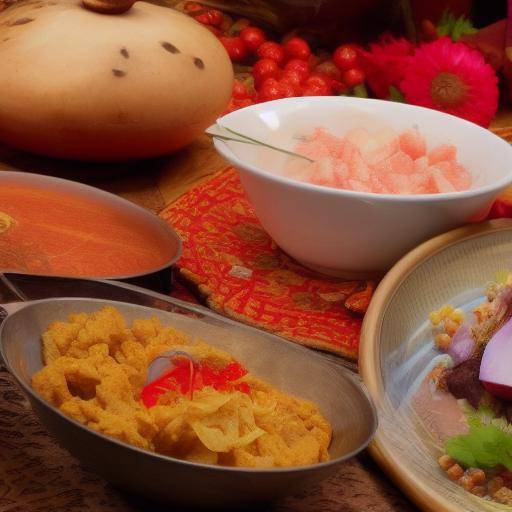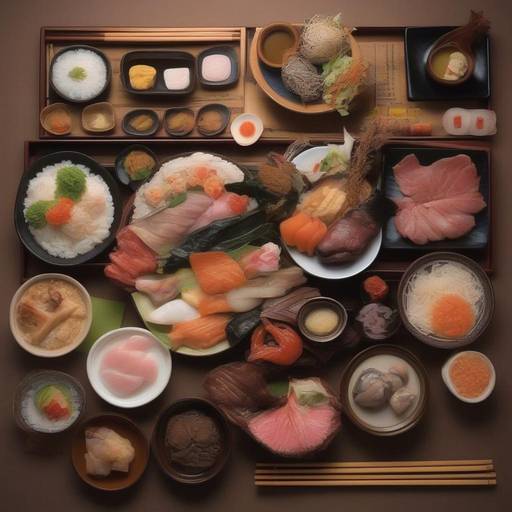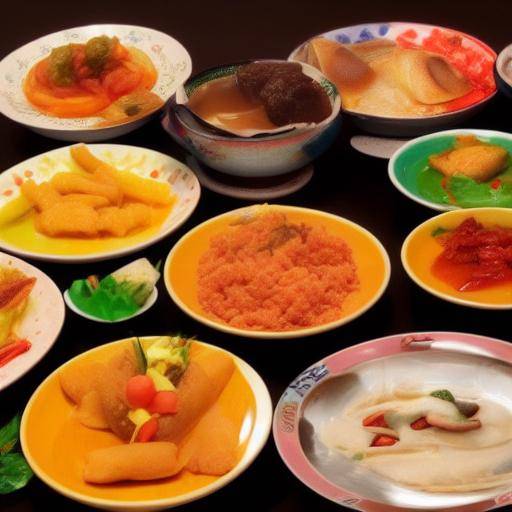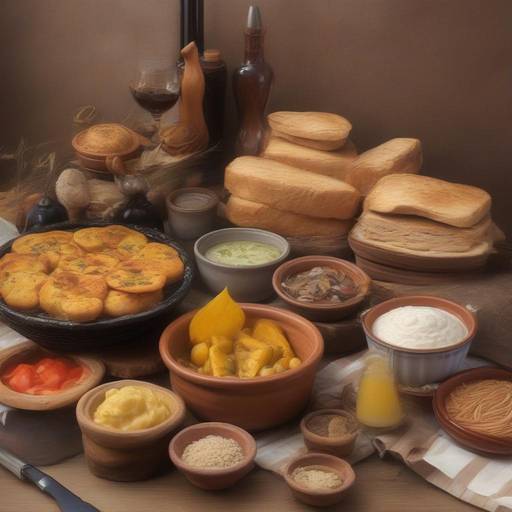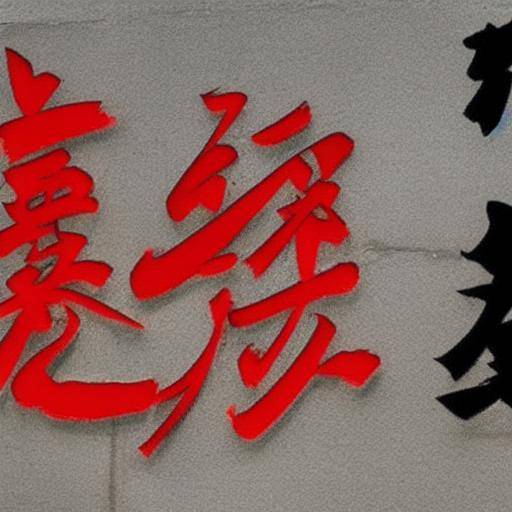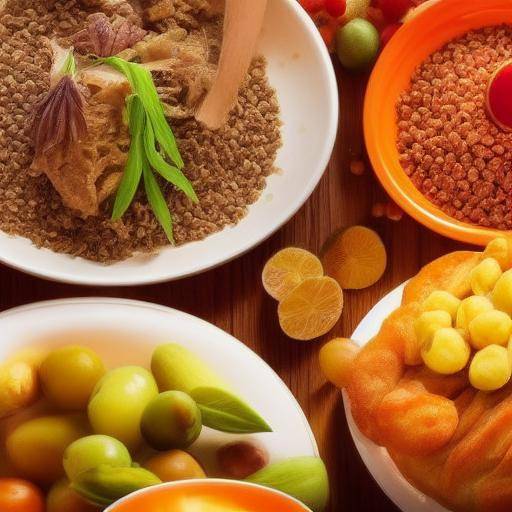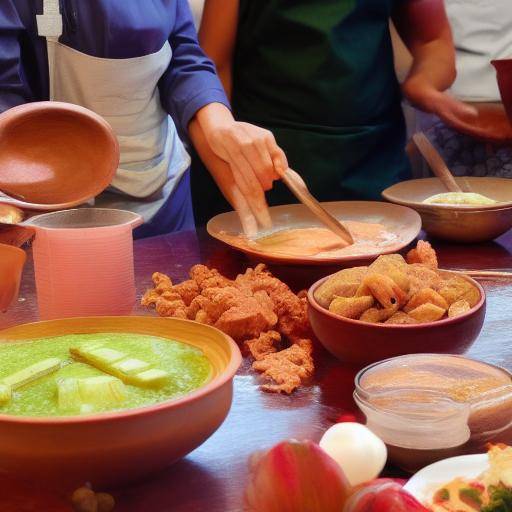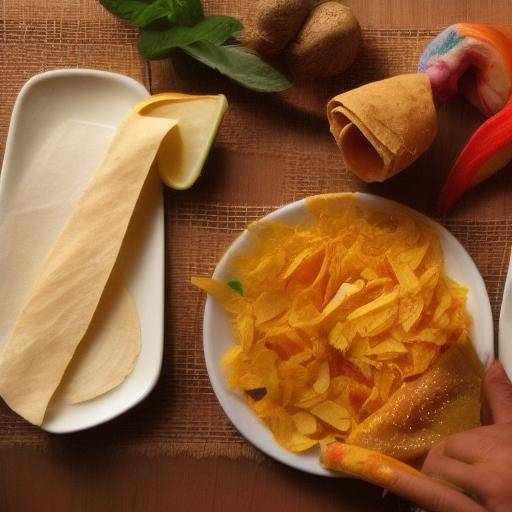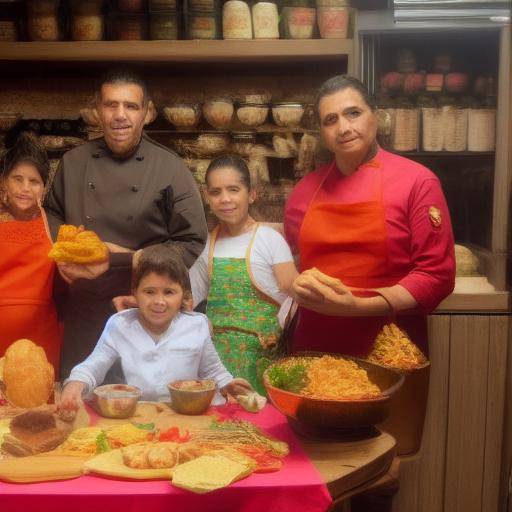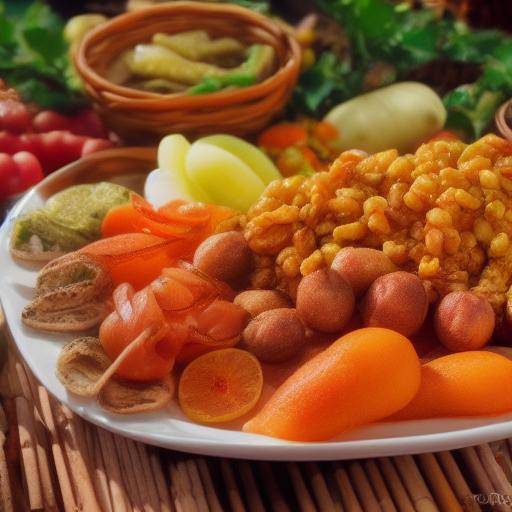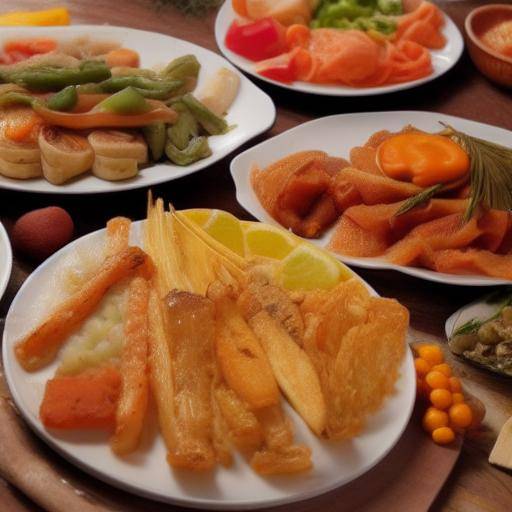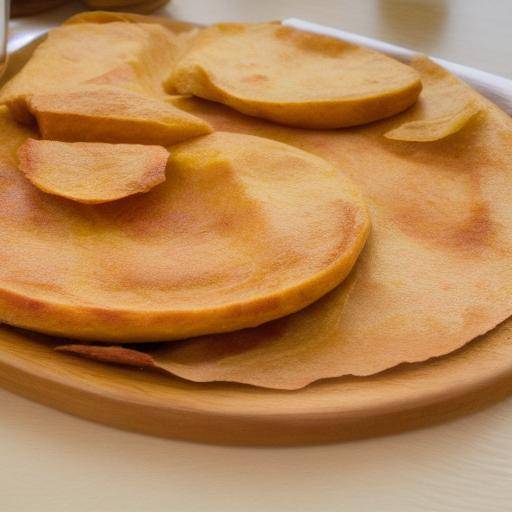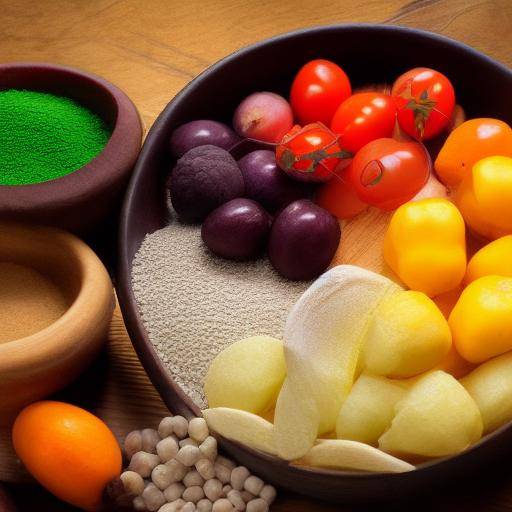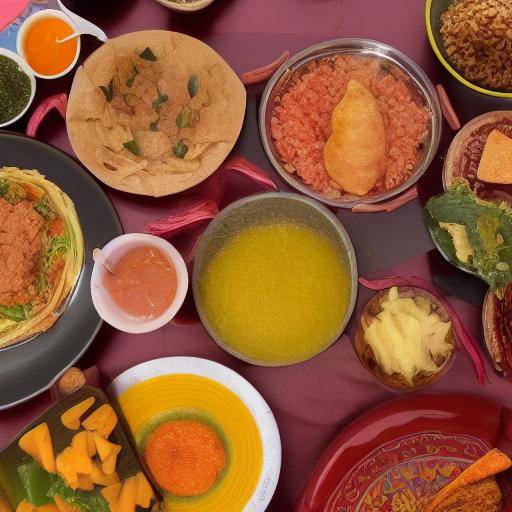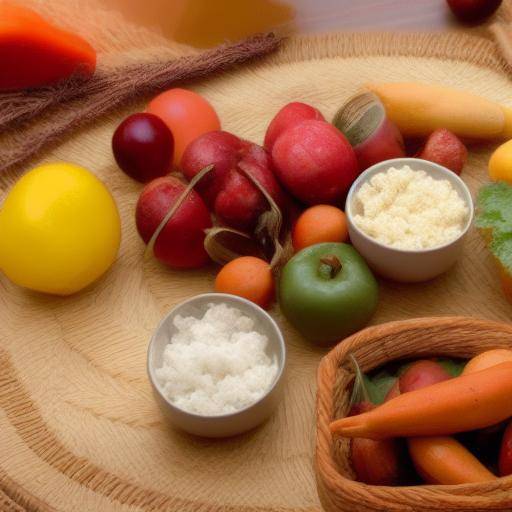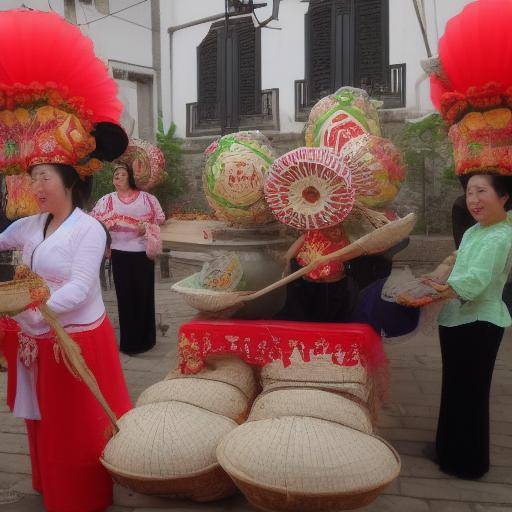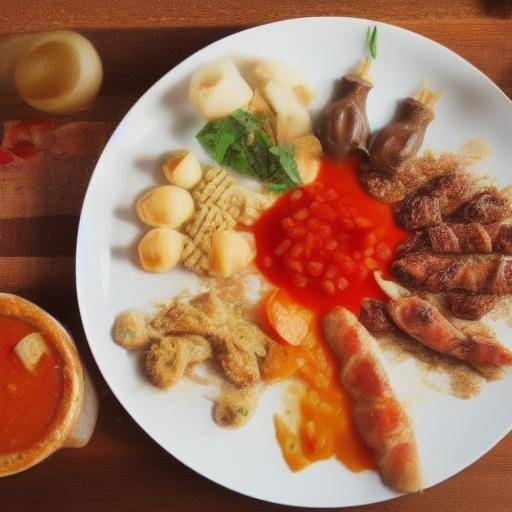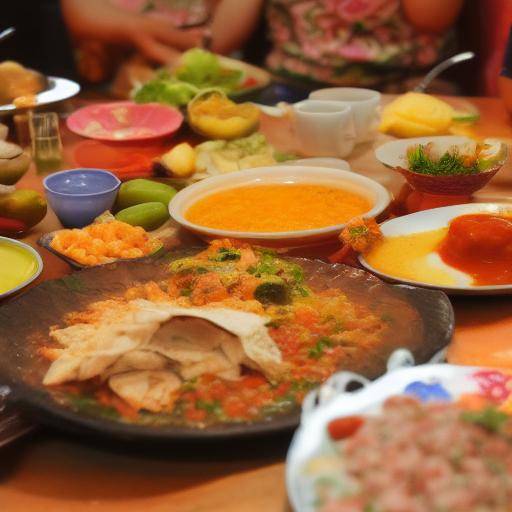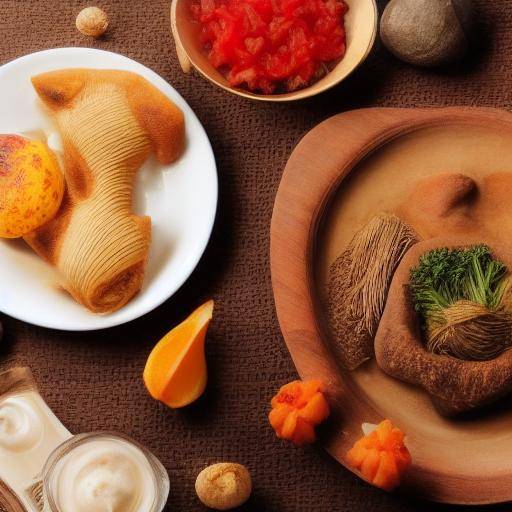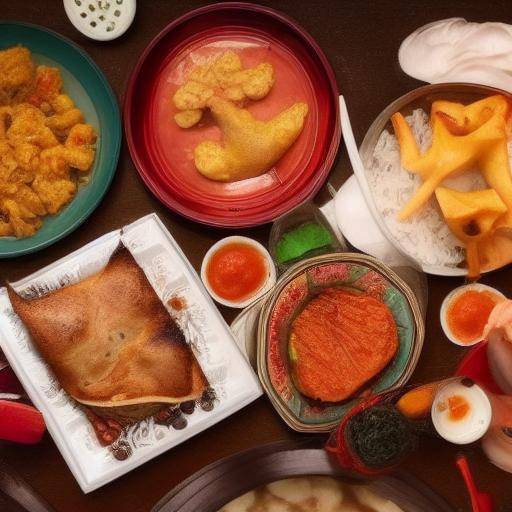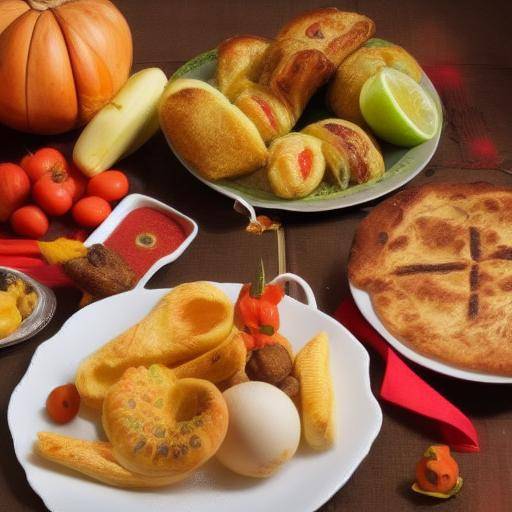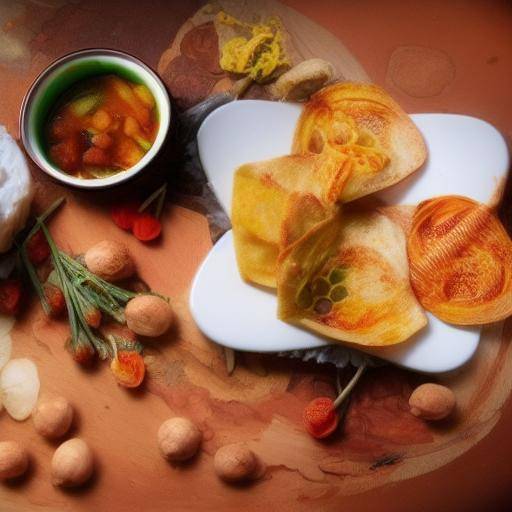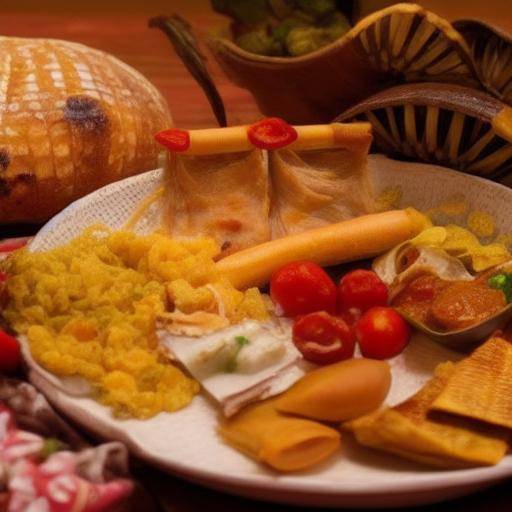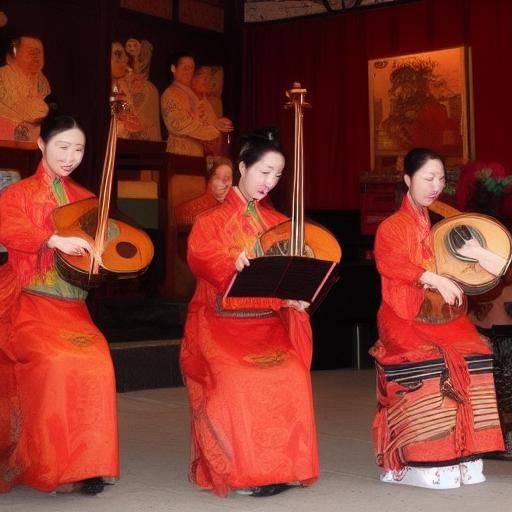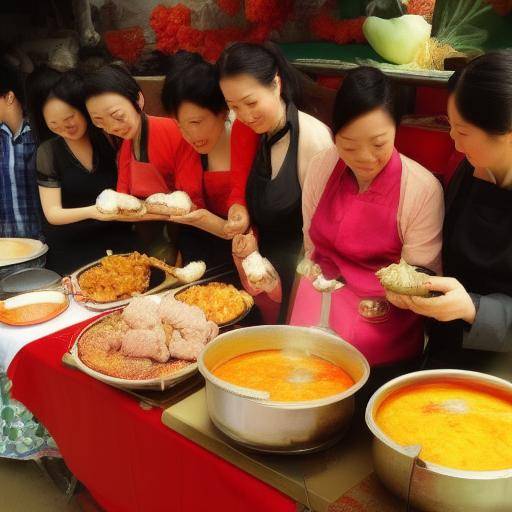
Chinese culture is known for its rich history, its deeply rooted traditions and, of course, its exquisite gastronomy. Chinese culinary traditions have evolved over millennia, influenced by unique historical, geographical and cultural factors. In this article, we will explore in depth the culinary traditions in Chinese culture, from their historical origins to contemporary trends. We will also address the connection between Chinese food and culture, and provide valuable practical advice.
Introduction
Food plays a fundamental role in Chinese culture, beyond mere nutrition; it reflects cultural heritage, values and beliefs rooted in Chinese society. We will explore how these culinary traditions have resisted the passage of time and how they continue to impact the daily lives of people in China and abroad.
History and Background
China's culinary history dates back to millennia, and every historical period has left a unique mark on Chinese cuisine. From the imperial dynasties to the Cultural Revolution, the evolution of culinary traditions reflects the country's social, political and economic changes.
The introduction of new ingredients and culinary techniques over the centuries has enriched Chinese gastronomic diversity. In the northern regions, wheat-based dishes such as noodles and dumplings are dominant, while in the south, rice is the basic food. These regional contrasts have contributed to the wealth and variety of Chinese cuisine. You cannot talk about Chinese cuisine without mentioning the importance of symbolism and harmony in food. The combination of ingredients and colors is valued not only for their taste, but also for their cultural meanings and their balance in the diet.
Analysis in Deep
Chinese cuisine is not only about culinary pleasure, but also rooted in the medicinal tradition. The principles of ancient Chinese dietary are valued for their health benefits, which has led to the popularization of food medicine in Chinese culture.
Despite the rich diversity of Chinese dishes, Chinese cuisine has faced challenges over the years, particularly in the context of globalization and food industrialization. This has raised questions about the authenticity, sustainability and preservation of Chinese culinary traditions in the modern era.
Comprehensive review
The distinctive flavors of Chinese cuisine, from the spicy Sichuan to the sweet of Guangdong, have transcended the borders and become a global phenomenon. The diffusion of Chinese food has led to the adaptation of Chinese dishes to local tastes, leading to unique variants in different parts of the world.
Comparative analysis
By comparing Chinese culinary traditions with other gastronomic cultures, the depth and complexity of Chinese cuisine is evident. Attention to the presentation, the balance of flavors and the incorporation of symbolic ingredients are distinctive features that distinguish Chinese cuisine.
Practical Tips and Accessible Recommendations
For those who wish to experience and immerse themselves in Chinese culinary culture, explore local markets, participate in cooking classes or visit indigenous restaurants are excellent ways to appreciate the diversity and authenticity of Chinese cuisine.
Conclusions
The legacy of Chinese culinary traditions is an invaluable treasure that continues to delight people around the world. Exploring the connections between Chinese food and culture gives us a deeper understanding of the rich and complex history of the country and its people. Culinary traditions in Chinese culture continue to play a vital role in everyday life, providing not only gastronomic satisfaction, but also a deep connection with identity and cultural heritage. Get in the world of Chinese cuisine and enjoy an incomparable culinary experience!
Frequently Asked Questions about Culinary Traditions in China Culture
1. What are the most representative foods in Chinese cuisine?
The Chinese cuisine has a wide range of representative dishes. Some of the best known include pekinese duck, dim sum, bittersweet pig, wonton soup and fried rice. Each region of China has its own characteristic dishes, which contributes to the culinary diversity of the country.
2. What role does food play in Chinese celebrations and holidays?
Food plays a central role in Chinese celebrations and holidays. For example, during the Chinese New Year, traditional dishes are prepared with auspicious symbolisms, such as fish, which represents abundance, and dumplings, which symbolize fortune. Food is not only seen as a delight, but also as a means of attracting good luck and prosperity.
3. What is the importance of food medicine in Chinese culture?
Chinese food medicine is based on the principles of balance and harmony in diet to promote health and prevent disease. Chinese traditionally believe in food warming and cooling, as well as the importance of eating certain ingredients to maintain physical and mental well-being. This philosophy has influenced the selection and preparation of food in Chinese cuisine.
4. How has globalization influenced Chinese cuisine?
Globalization has brought Chinese cuisine to all corners of the world, leading to local adaptations and culinary fusions. While the authenticity of Chinese food is often preserved in specialized restaurants, new and creative flavours and styles have also been developed in different countries, in response to local tastes and gastronomic trends.
5. Why is the presentation of dishes so important in Chinese cuisine?
The presentation of dishes in Chinese cuisine not only seeks to delight visually, but also is based on symbolic and aesthetic principles. The arrangement of food, colors and dishes used are carefully designed to attract not only the palate, but also the eyes, creating a complete culinary experience.
6. What are the main challenges facing Chinese cuisine in the modern era?
Chinese cuisine faces challenges such as the conservation of authenticity in a globalized environment, the sustainability of the ingredients and the preservation of culinary traditions in a constantly changing world. Despite these challenges, Chinese cuisine continues to evolve and adapt to contemporary demands without losing its traditional essence.
This article has explored the wealth of culinary traditions in Chinese culture, from its historical origins to its influence on the global gastronomic scene. Chinese cuisine is not only a source of culinary delights, but also a testament to the rich heritage and beliefs rooted in Chinese culture.

